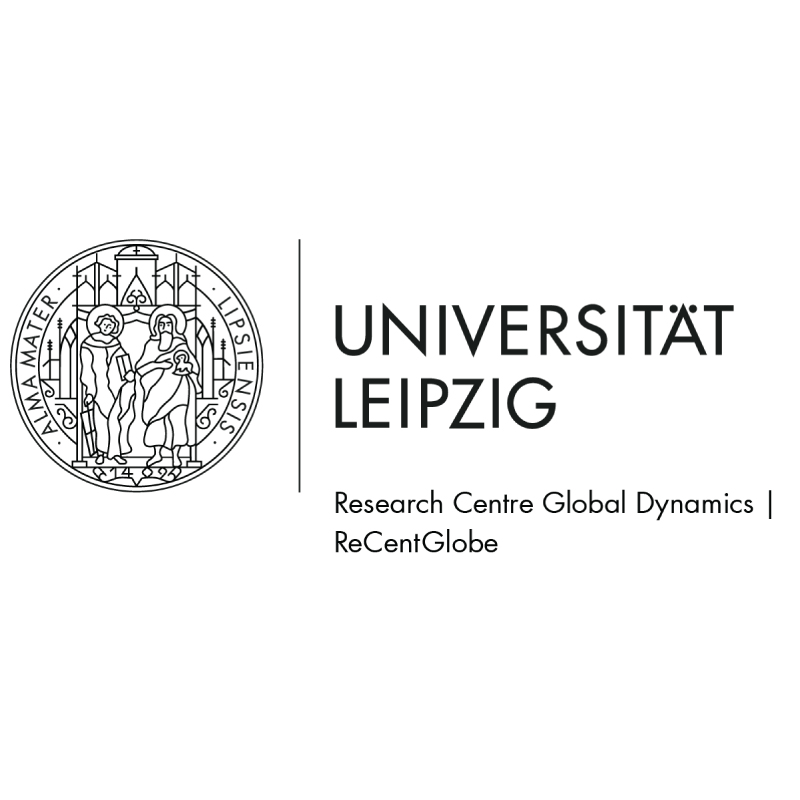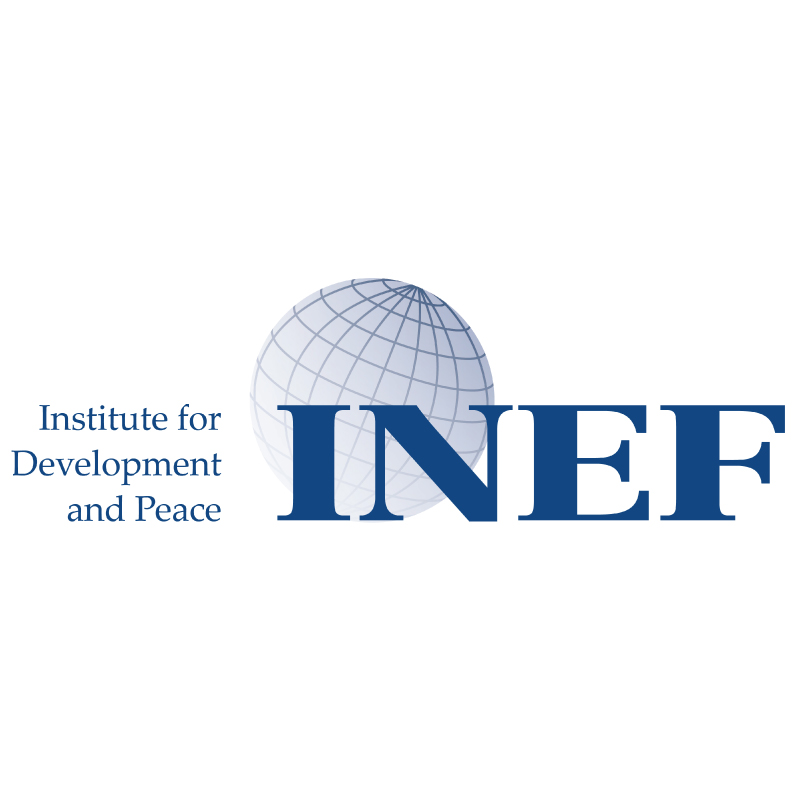Research Center Global Dynamics -
Leipzig University
The Leipzig Research Centre Global Dynamics (ReCentGlobe) is a central institution of Leipzig University. ReCentGlobe is dedicated to the study of globalisation projects in the past and present in a broad interdisciplinary cooperation. More than 250 researchers from various faculties and subjects work together at the centre. They cooperate with the Graduate School Global and Area Studies in the training and further education of young academics. The centre has several labs for transregional cooperation, digital humanities, science communication and knowledge transfer.
Founded in 2020, ReCentGlobe brings together the spectrum of history, spatial studies, social sciences and cultural studies represented in Leipzig: Ethnology, geography, social psychology, sociology, history, media studies, political science, law, religion and economics as well as African studies, American studies, Arabic studies and Islamic studies, Indian studies, Japanese studies, Middle East studies, Latin American studies, Eastern European studies, Sinology and Southeast European history are involved. The guiding research interest is directed towards the historical genesis, the determining characteristics and possible future scenarios of the current world order.
Institute for Development and Peace - University of Duisburg-Essen
The Institute for Development and Peace (INEF) is a research institute of the Faculty of Social Sciences at the University of Duisburg-Essen. Since its establishment in 1990, it is a unique feature of INEF to work on the fields of development and peace together and, in particular, to examine issues at their interface. INEF combines basic research with applied and policy-related research. Its staff members also engage in research transfer into academic and political debates. The Institute is integrated in a strong and viable international research and collaboration network.
A defining feature of INEF’s work is the examination of globalization processes and the question of the contribution of state, non-state and especially private actors in shaping global governance processes. The focus of INEF’s research is usually on fragile states and developing societies. From 2022 onwards, the institute’s work is centered around the research program “Contested Authority in Transnational Governance” which is divided into three research areas: “Global Governance for Sustainable Development”, “Human Rights and Regulation in the Global Economy” and “Social Conflict and Resilience”.
INEF’s most visible research results are its publications, among them the publication series “INEF Report”,“Global Trends.Analysis”, issued in cooperation with sef:, or the “Peace Report” which INEF co-edits in collaboration with three other German peace research institutes.
Peace Research Institute Frankfurt - Frankfurt
The Peace Research Institute Frankfurt (PRIF) is one of the leading peace research institutes in Europe and is located in Frankfurt am Main. PRIF sets out to analyze the causes of violent international and internal conflicts, carrying out research into the conditions necessary for peace and working to spread the concept of peace. Main research topics are arms control and disarmament, conflicts over international norms, regimes and organizations, military and non-military interventions, peace consolidation, democratization, as well as radicalization and political violence. Researchers at PRIF combine basic research with knowledge transfer into policy-making, media and society. In this mission and as a member of the Leibniz Association, PRIF is funded by the federal government and the state of Hesse.
The Research Group “African Intervention Politics” at PRIF was established in 2021 and combines expertise on African regional organizations and their peace and security related activities in anglo- and francophone Africa with a particular focus on the Sahel region. In contrast to hitherto dominant institutionalist and top-down approaches to studying African regional organizations and their interventions, the Research Group adopts a “bottom-up” perspective that specifically focuses on the localized practices and politics of the interventions in question.




